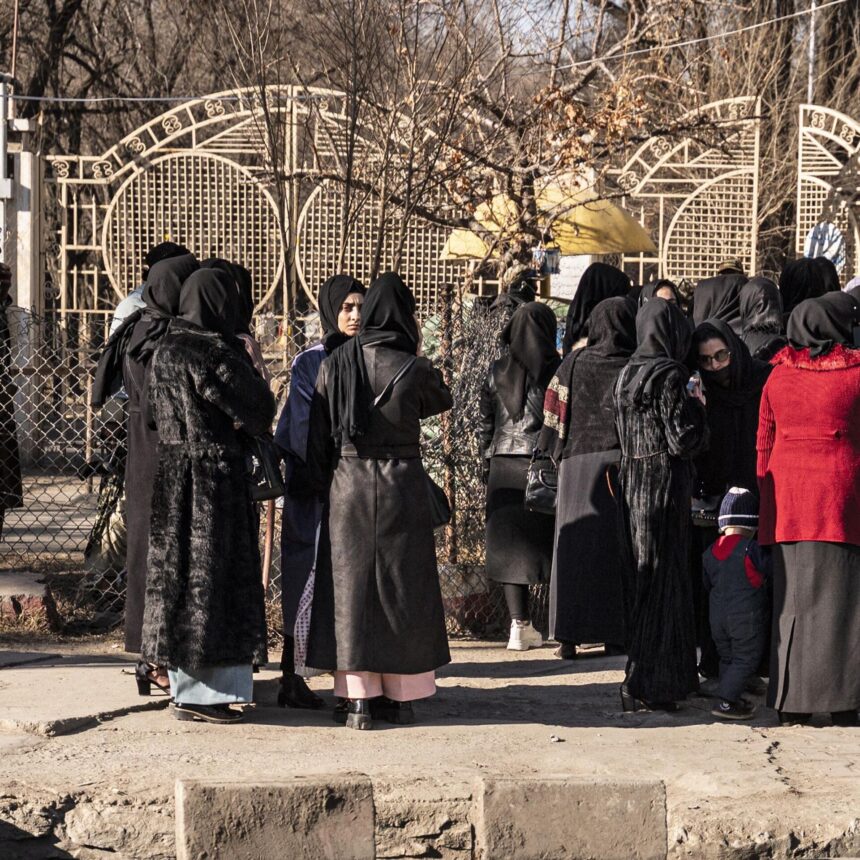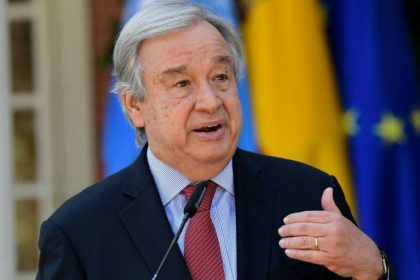RASC News Agency: James Kariuki, the Deputy Permanent Representative of the United Kingdom to the United Nations, has strongly condemned the Taliban’s closure of medical institutes in Afghanistan, labeling it an appalling and inhumane act. Speaking at a United Nations Security Council meeting on Thursday, December 12, Kariuki highlighted the grave consequences of barring women from pursuing medical education, warning that this policy endangers the lives of thousands of women and children across Afghanistan.
“This marks yet another devastating blow to Afghanistani women, adding to their immense suffering,” he stated. Kariuki called for the immediate appointment of a special UN envoy for Afghanistan, emphasizing the urgent need to foster meaningful dialogue between the international community and the Taliban. Addressing Afghanistan’s escalating humanitarian crisis, Kariuki underscored the UK’s commitment to the Afghan people, revealing that $200 million has been allocated in humanitarian aid during the current fiscal year. He urged the global community to act swiftly, stating, “We implore the international community to take all necessary measures to support vulnerable Afghanistani citizens, especially as they face the harsh realities of winter.”
Linda Thomas-Greenfield, the U.S. Ambassador to the United Nations, also criticized the Taliban’s restrictions on female education in medical institutes, describing them as indefensible and a profound setback for Afghanistan’s progress. Since their return to power, the Taliban have plunged Afghanistan into a deep humanitarian and socio-economic crisis. Over the past three years, they have imposed draconian restrictions on the Afghanistani population, with women and girls bearing the brunt of their oppressive policies. The regime has systematically dismantled education and employment opportunities for women, effectively erasing them from public life.
Observers point to the Taliban’s rigid tribal ideology, which rejects anything that deviates from their narrow interpretation of early Islamic practices. Yet, this dogmatic stance stands in stark contradiction to their acceptance of millions of dollars in financial aid from the United States, Canada, the UK, and other regional and international entities funds received without any apparent concern for their supposed “Islamic legitimacy.” Critics highlight the hypocrisy of the Taliban regime, which enforces brutal restrictions on its population while profiting from foreign aid. This two-faced approach underscores the regime’s prioritization of its own survival over the welfare of the Afghanistani people, who continue to endure unprecedented levels of hardship and deprivation.






